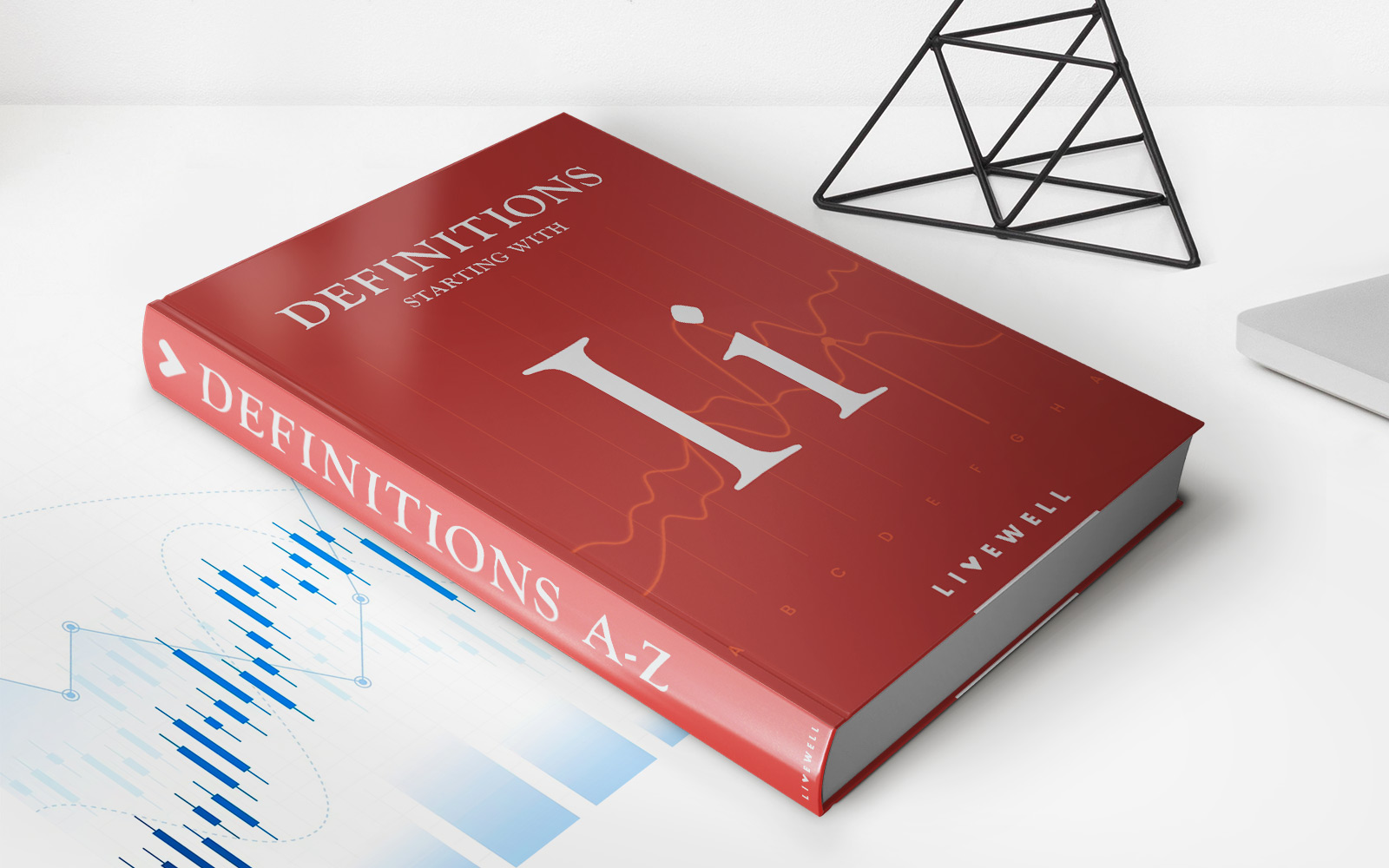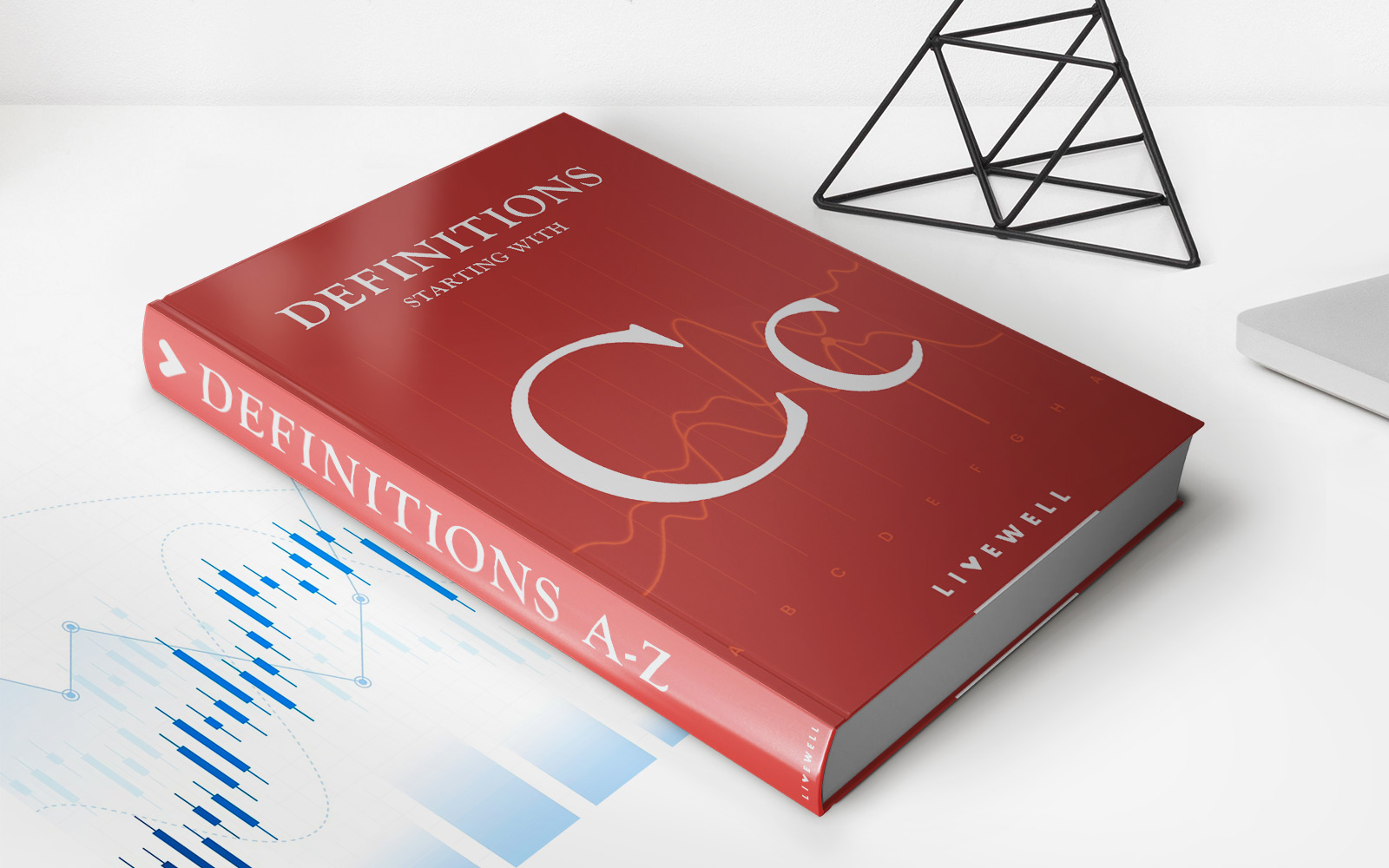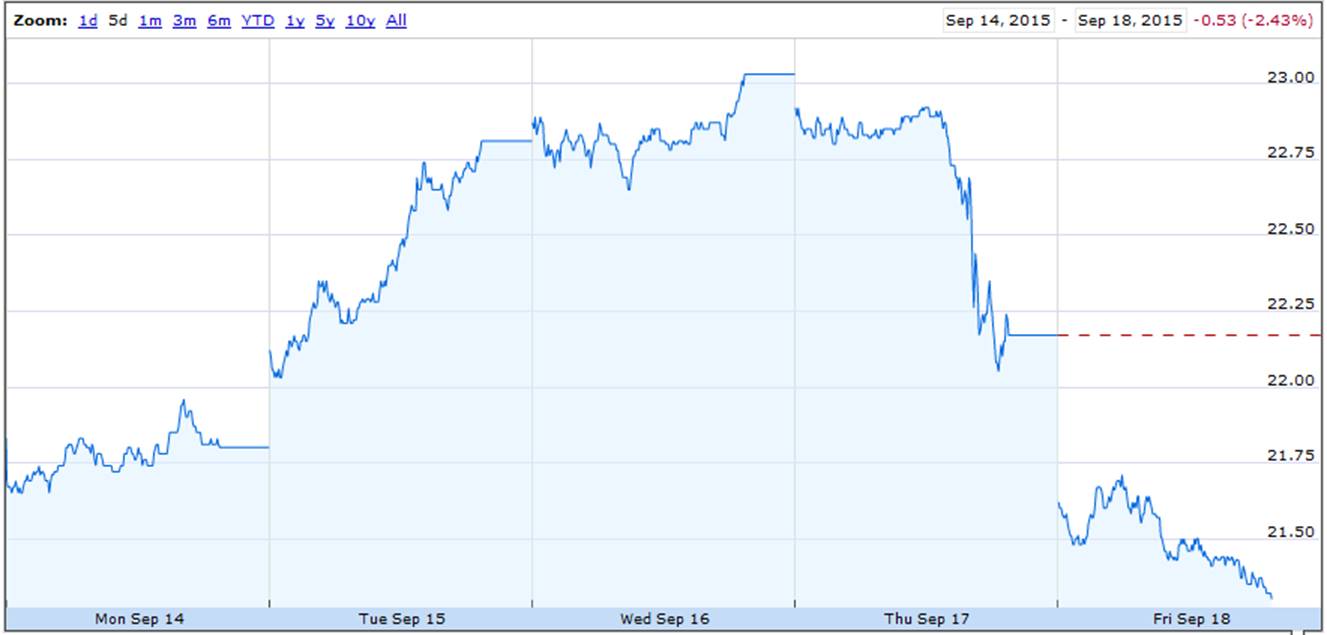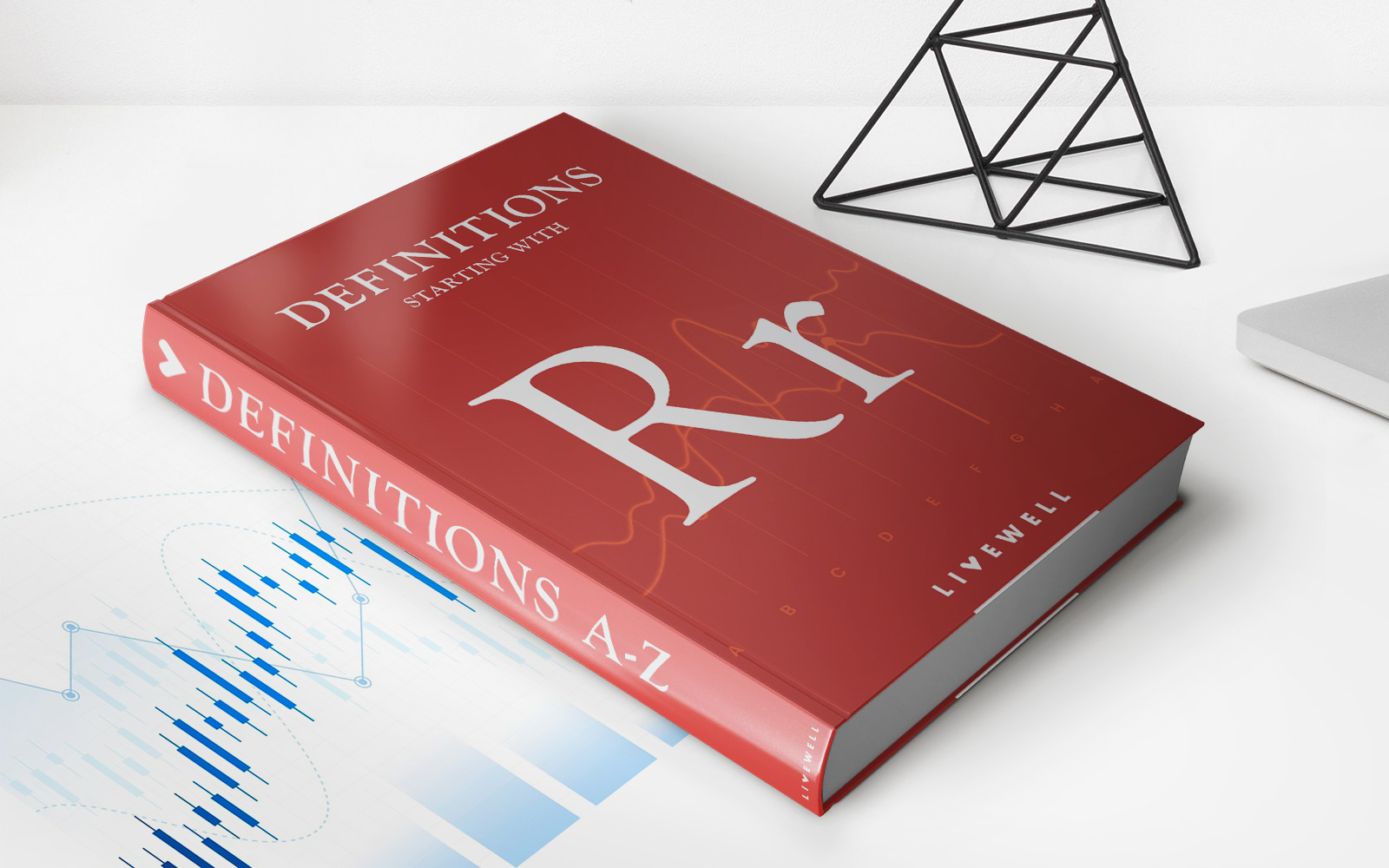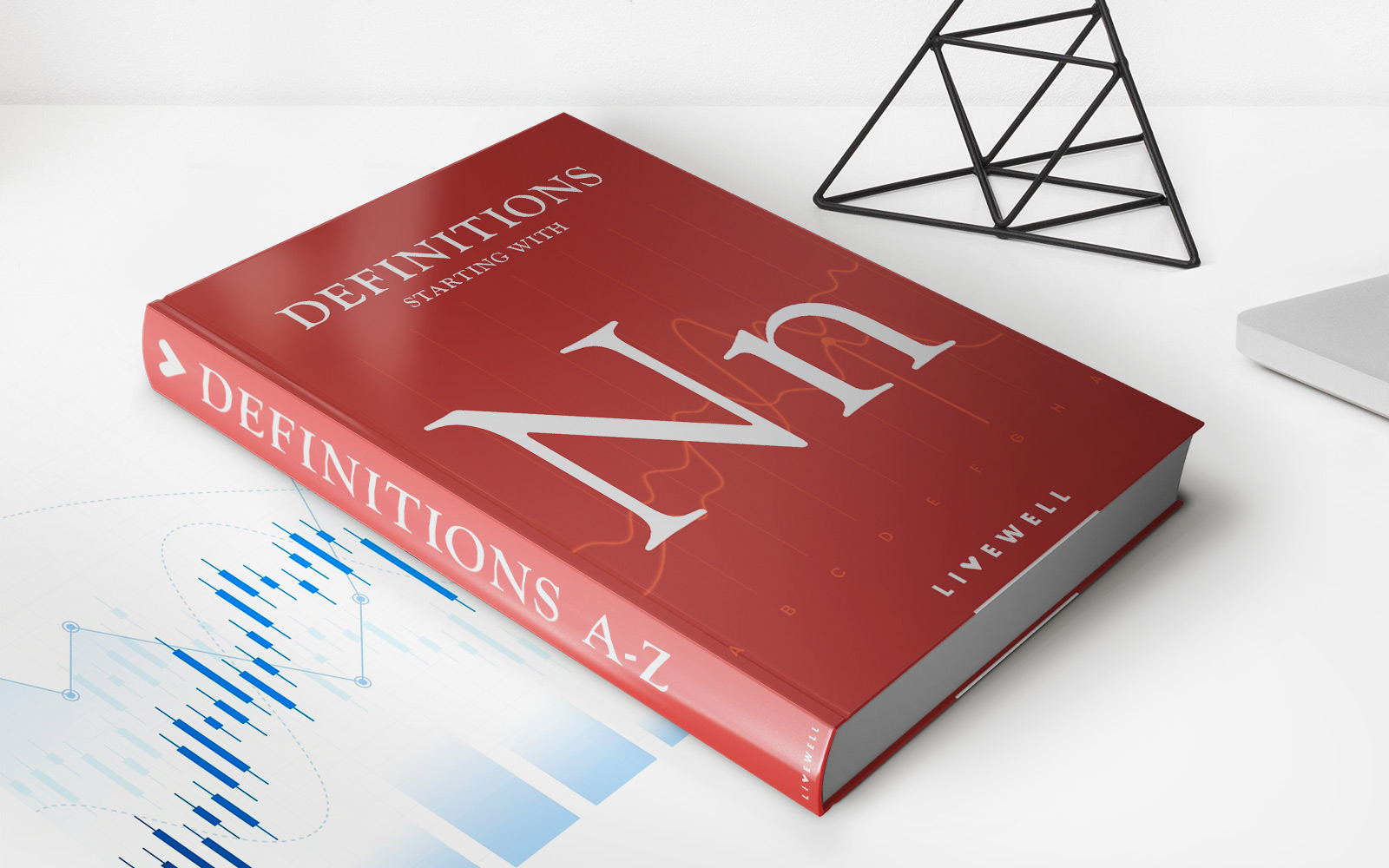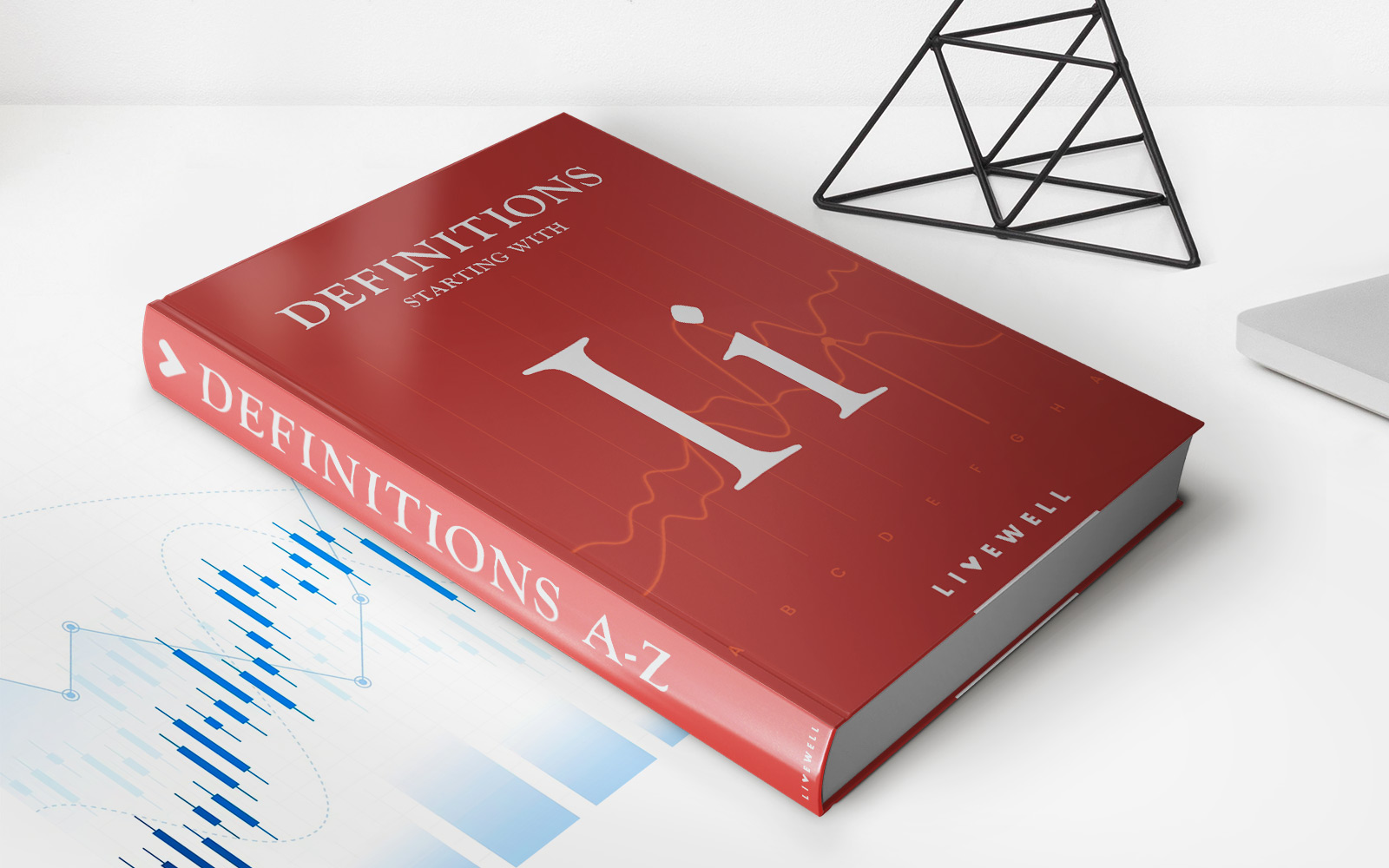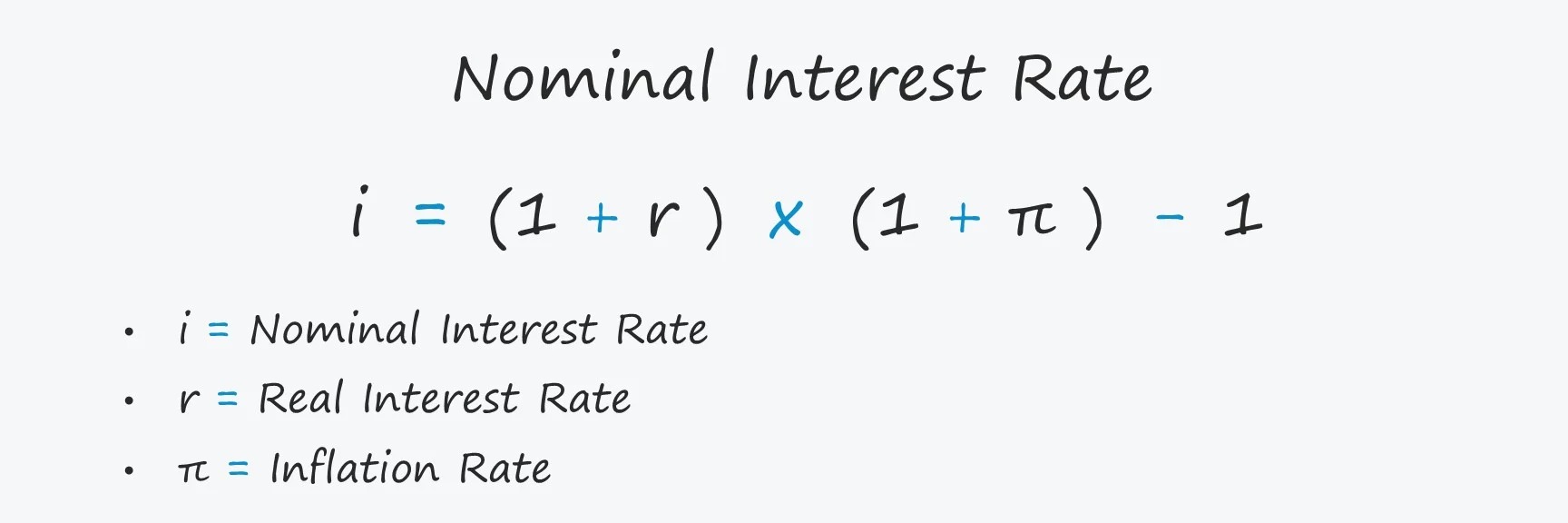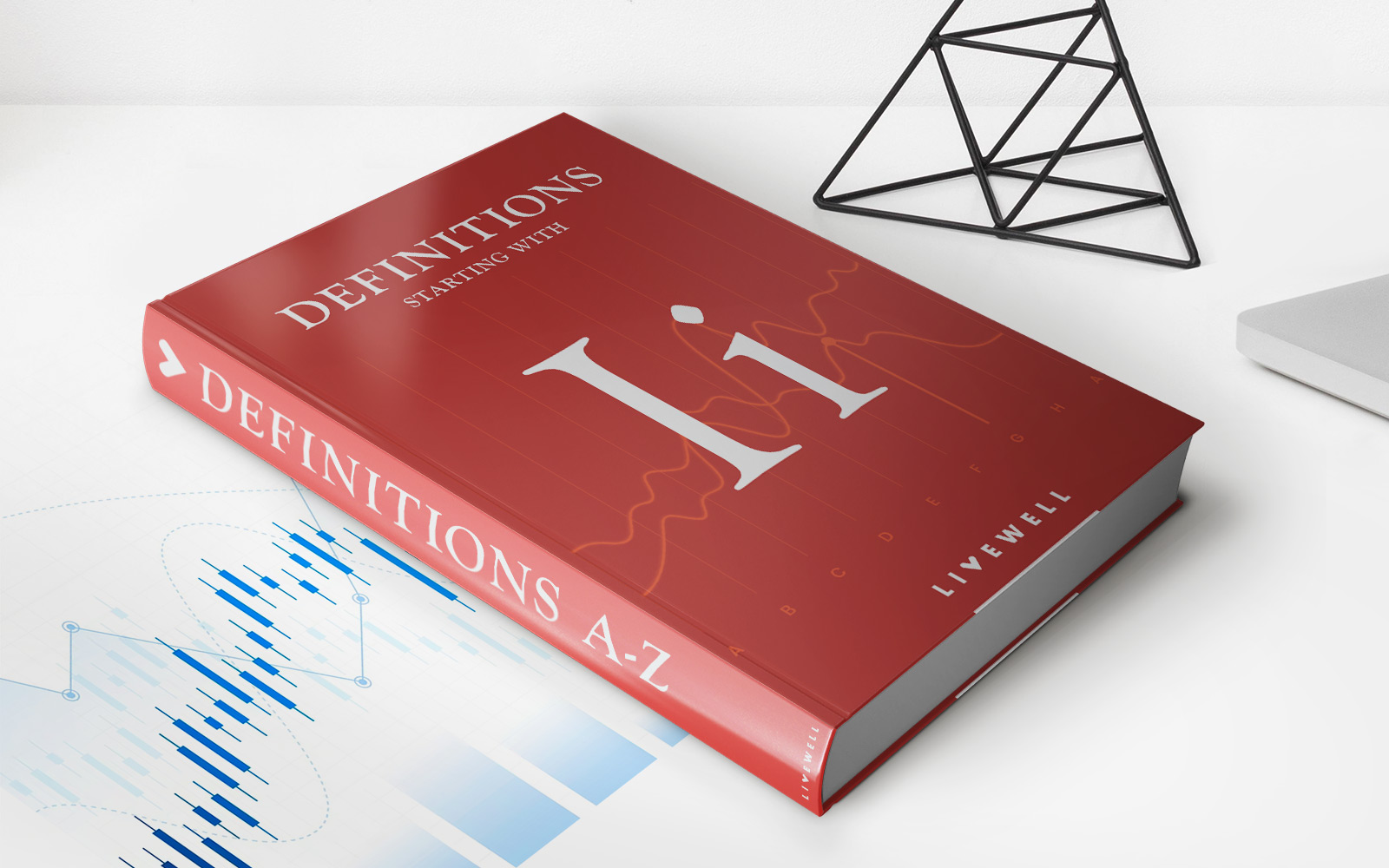

Finance
Initial Interest Rate Definition
Published: December 9, 2023
Learn the definition of initial interest rate in finance and how it impacts your loan. Stay informed with our comprehensive guide.
(Many of the links in this article redirect to a specific reviewed product. Your purchase of these products through affiliate links helps to generate commission for LiveWell, at no extra cost. Learn more)
Understanding the Initial Interest Rate
Welcome to our latest blog post on the fascinating world of finance! Today, we are going to explore the concept of the initial interest rate. Whether you’re a seasoned investor or just starting out, understanding this term is essential in making informed financial decisions. So, let’s dive right in!
Key Takeaways
- The initial interest rate is the introductory rate offered to borrowers when they first take out a loan or mortgage.
- This rate is provided as an incentive to attract borrowers and is usually lower than the long-term rate.
What is the Initial Interest Rate?
The initial interest rate refers to the introductory rate offered to borrowers when they first take out a loan or mortgage. This rate is different from the long-term rate that will be applicable once the introductory period is over. It is provided as an incentive to attract borrowers and to offer them a lower rate for a limited time. Once the introductory period ends, the interest rate usually adjusts to a higher rate, often based on prevailing market conditions or other factors.
Implications of the Initial Interest Rate
Now that we understand what the initial interest rate is, let’s discuss its implications:
- Lower Initial Payments: The initial interest rate allows borrowers to enjoy lower monthly payments during the introductory period. This can provide them with some breathing room to adjust financially before the rate increases.
- Potential Increase in Future Payments: Once the introductory period ends, the interest rate may adjust based on market conditions or other factors. This means that borrowers need to be prepared for potentially higher monthly payments in the future.
- Consideration of Future Plans: Borrowers should carefully assess their financial situation and future plans before choosing a loan with an initial interest rate. If they plan to sell or refinance the property before the introductory period ends, a loan with a lower initial interest rate might be a suitable option. On the other hand, if they plan to keep the loan for a longer period, they might want to consider a loan with a longer fixed rate or a lower adjustable rate after the introductory period.
Final Thoughts
The initial interest rate is a crucial factor to consider when taking out a loan or mortgage. It can offer short-term benefits in the form of lower monthly payments, but borrowers must be prepared for future increases in interest rates. By carefully evaluating their financial situation, future plans, and goals, borrowers can make informed decisions about their loans and ensure that they are getting the most favorable terms possible.
We hope this blog post has shed some light on the concept of the initial interest rate. Remember, always seek the advice of a qualified financial professional before making any major financial decisions. Stay tuned for more informative posts on the fascinating world of finance!
